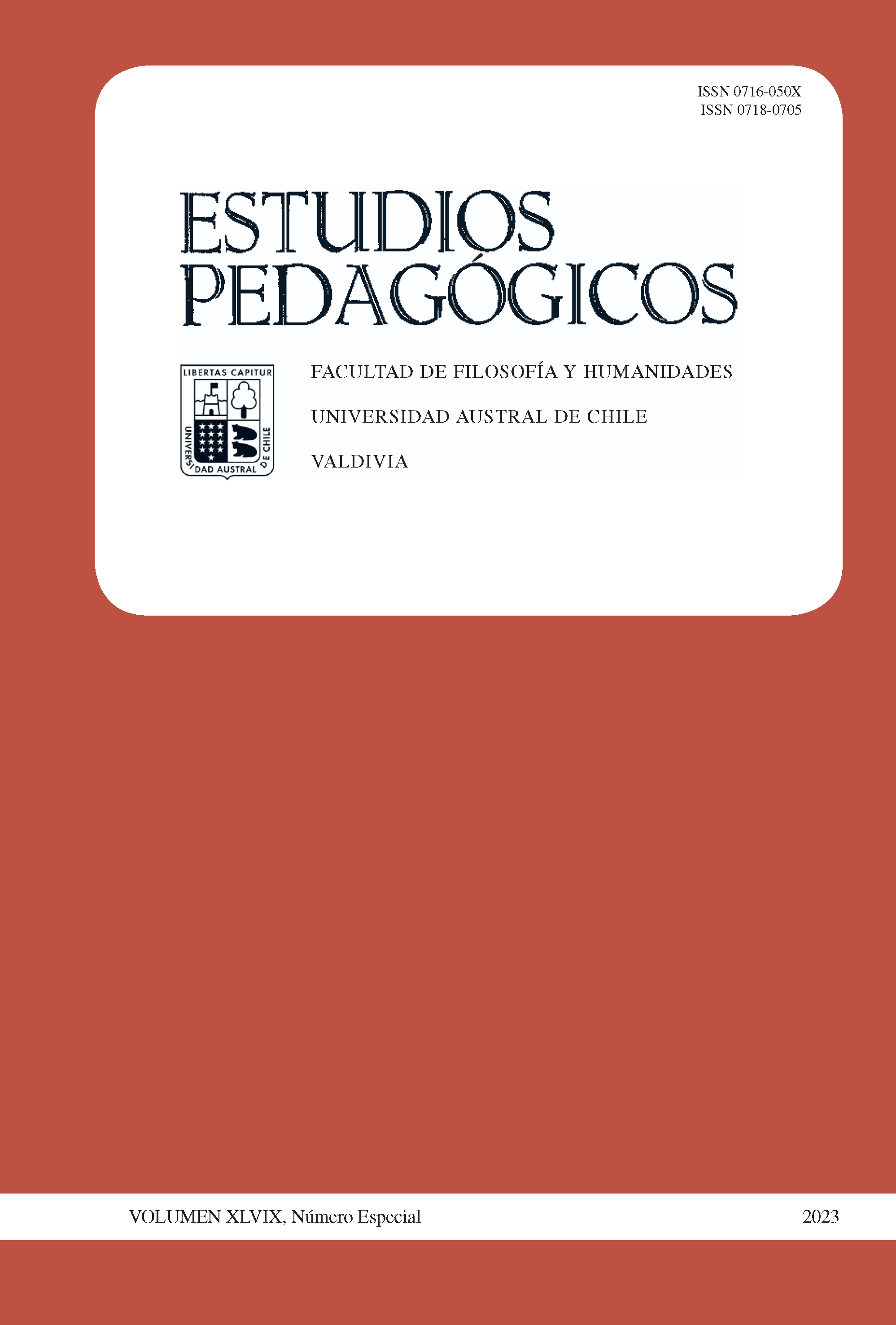Indigenous Motricities: Dances, games and traditional rituals
Main Article Content
Abstract
The proposal of the Indigenous Motricities category seeks to make visible the practices of native peoples in a coherent perspective with the Motricities of the South, which considers the intentionality of social practices, such as parties, dances, songs, fights, games, stories and rituals. of these peoples, in the resistance to the realities of epistemicide, the invisibility and the subordination of their knowledge. The objective of this research was to understand the meanings of the Toré dance of the Wassu Cocal people, of the Kowai ritual of the Baniwa people, as well as of the Pataxó Indigenous Games of the Pataxó people, for four aforementioned events participants, belonging to the aforementioned native peoples, who gave interviews. The data produced was analyzed under phenomenological inspiration, giving rise to the construction of categories, which revealed aspects of the union of the human being with his community and with other living beings, in a connection with Ancestrality, the Sacred and Living Well.

